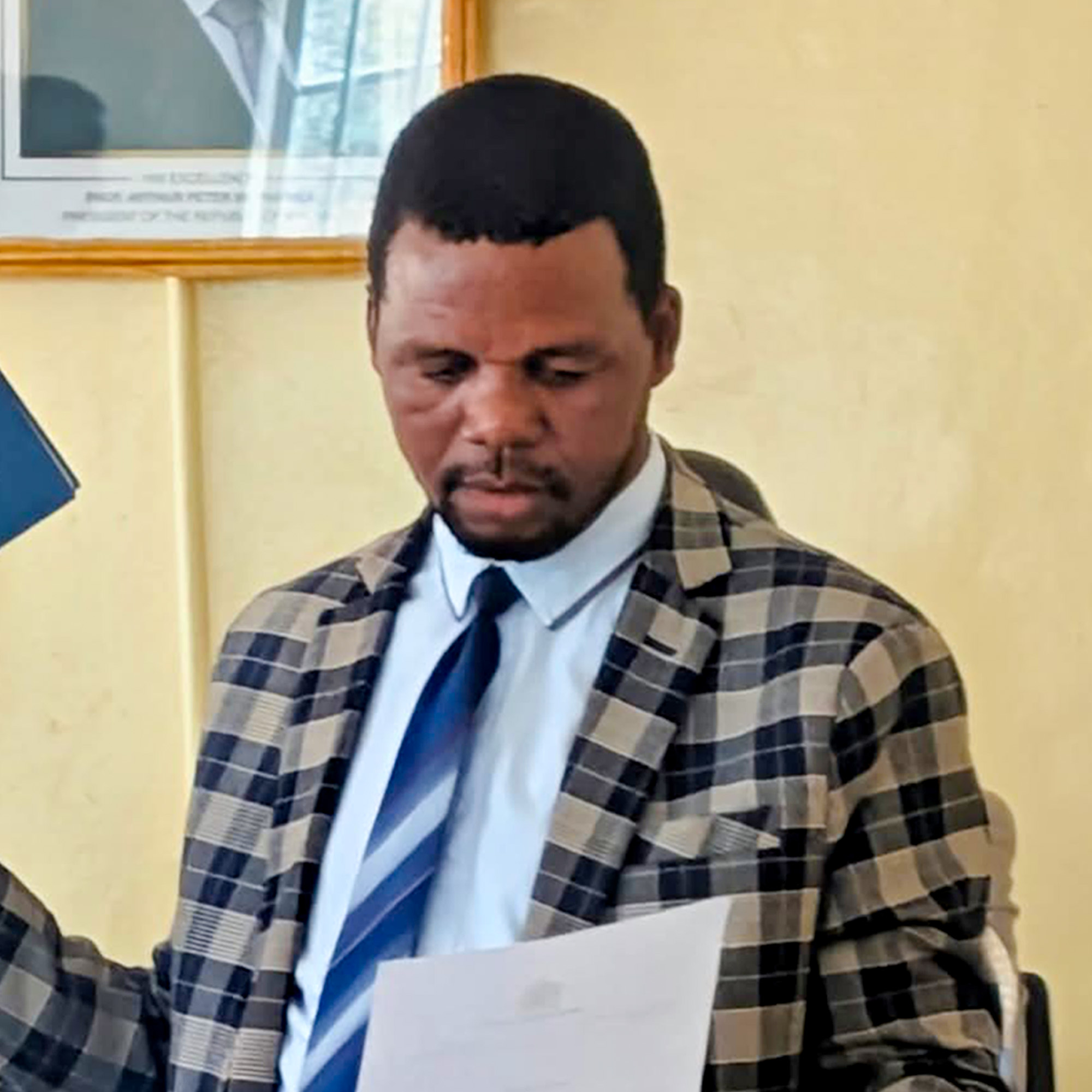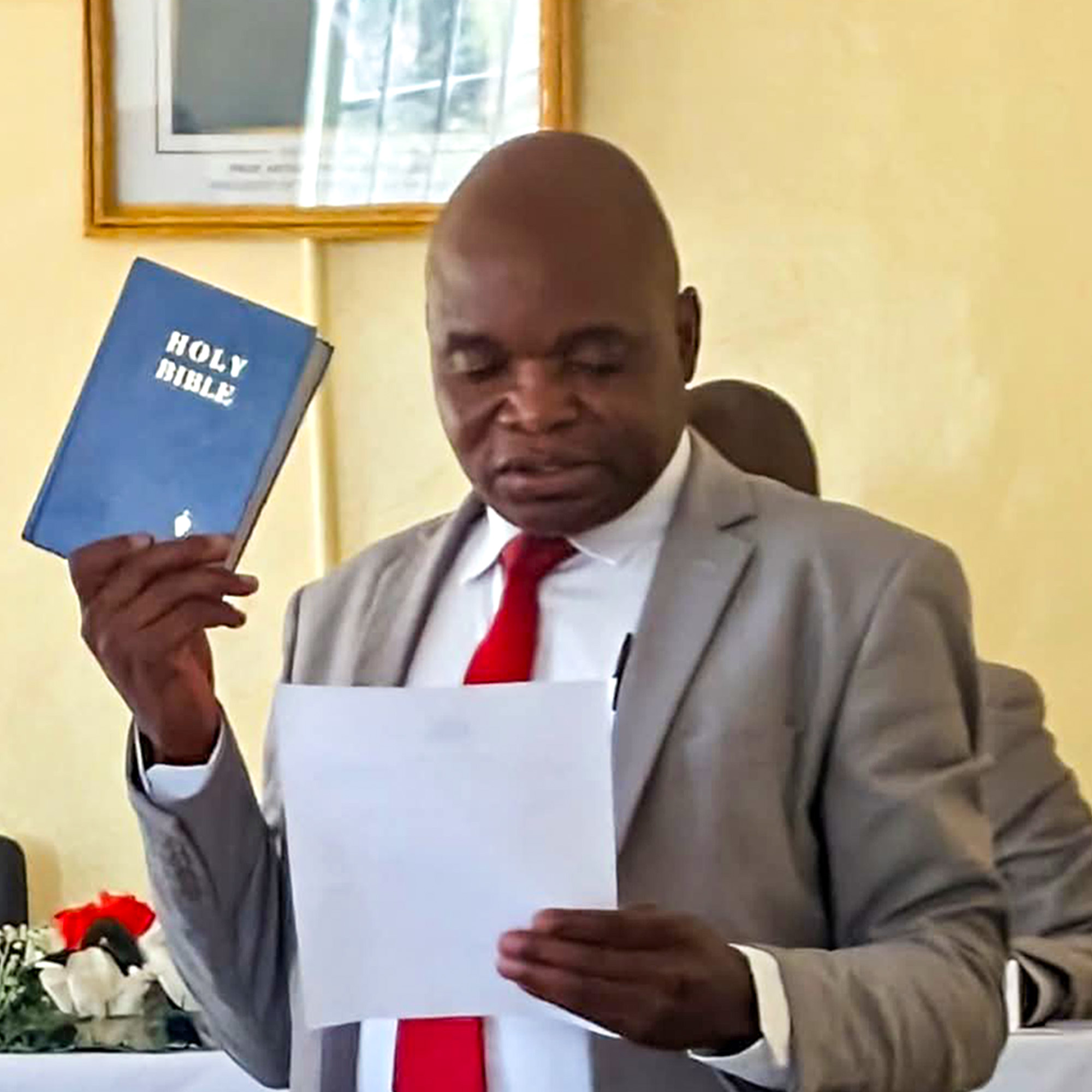
Rumphi is one of the 28 Districts in Malawi located in the Northern Region bordered by Chitipa in the North, Karonga in the North East, Mzimba in the South, Nkhata-Bay in the South East and forms an international border with Zambia in the West.
The district is approximately 70 km from Mzuzu, the Northern Region’s commercial hub and 435 km from Lilongwe, the Capital City of Malawi. The district is located at a latitude of 100 and a longitude of 340.
According to the 2018 Malawi Population and Housing Census Population Projections Report, the projected total population of the district is 254,134 in 2023 (123,929 males and 130,205 females) which is further projected to reach 292,071 by 2030. The district has a population density of 50 persons per square kilometre.The dominant tribe is Tumbuka. Christianity is a major religion.
The major economic activities in the district are agriculture, forestry and fishing, tourism and mining, wage income and employment.
The commercial sector is growing slowly, but it is dominated by micro, small, and medium-scale enterprises. There are some financial lending institutions but access to them is limited, covering a small number of businessmen and women due to high opportunity costs of borrowing. Tourism especially at Nyika National Park, Vwaza Game Reserve and Matchewe Falls as well as mining in Livingstonia Escapements, are also the booming economic activities in the district. Education, health, water and sanitation, transport, and communications are the major services provided in the district. People have limited access to these services due to poor and inadequate delivery systems. Rumphi, like many other districts in the country, faces an acute shortage of human resource staff in all divisions.
The Rumphi District Council is the local government authority for Rumphi District in Malawi's Northern Region, focused on providing essential services, managing resources, and promoting sustainable development.
Improving the quality of life for its residents through service delivery, financial growth, and sustainable development initiatives.
The council's vision is to foster a district that excels in all sectors, driven by proactive governance and community-centered initiatives.
Accountability, Transparency, Integrity, Excellence, Inclusivity, Sustainability, Collaboration, Innovation, Respect, and Community Focus.

Provides political leadership and policy guidance to the council.

Oversees council operations, ensuring policies and programs are implemented effectively.
Heads of departments responsible for key sectors such as health, education, planning, and environment.